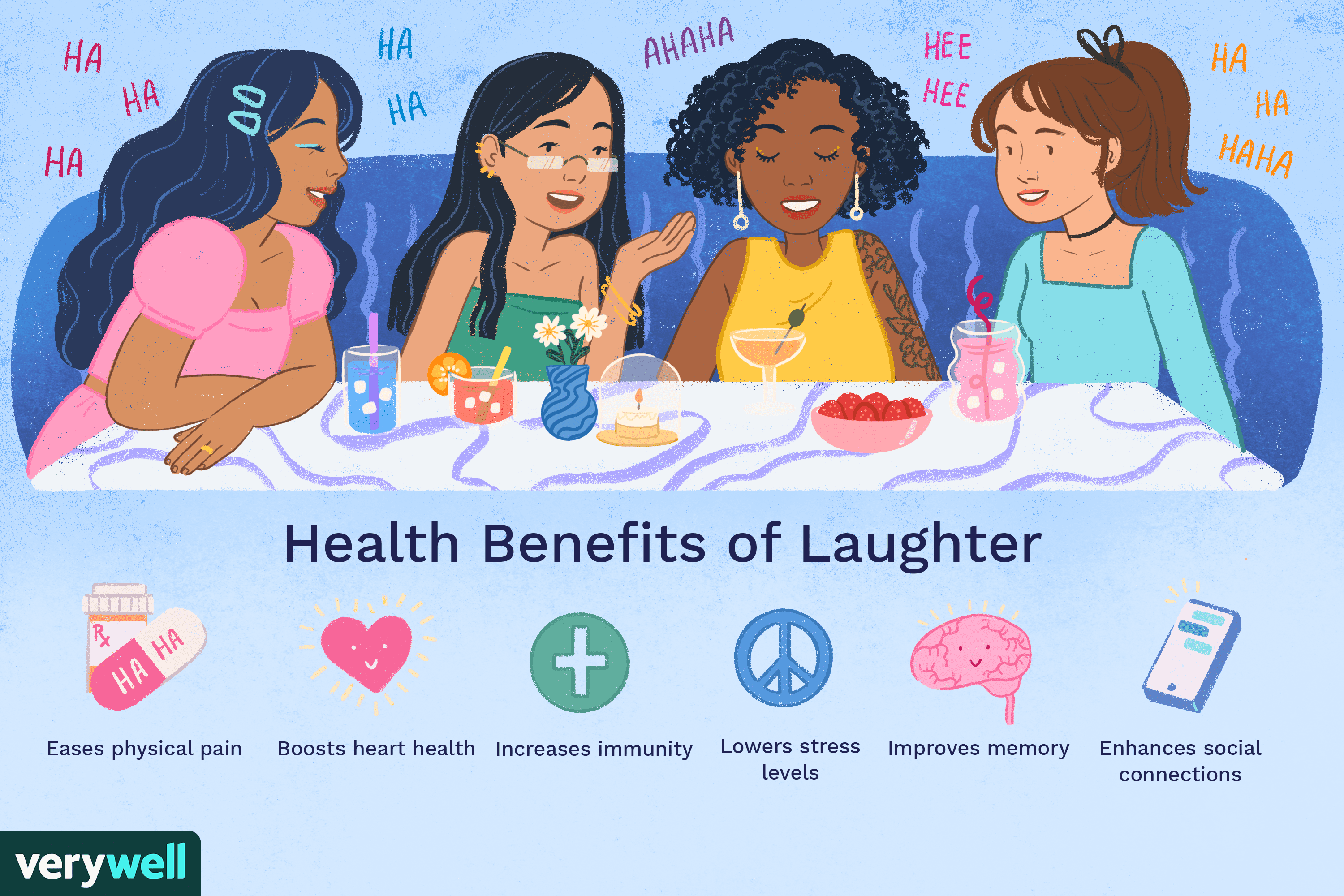Alright, let’s talk about social work humor. It’s not something they teach you in school, that’s for sure. When I started, I thought everything had to be super serious, all the time. You know, dealing with heavy stuff, crisis situations, mountains of paperwork that could bury a small dog. The weight of it all felt immense.

I remember feeling pretty drained early on. Just absorbing all the sadness, the frustration, the sheer messiness of people’s lives. I figured this was just the job – you sign up, you carry the burden, end of story. Smiling felt wrong sometimes, like I wasn’t taking things seriously enough.
Finding the Cracks of Light
Then, things started to shift. It wasn’t one big moment, more like little things. I’d be in the office, drowning in case notes, and a colleague would make a deadpan comment about the absurdity of a new policy, or the ridiculousness of a bureaucratic hoop we had to jump through. Not mean stuff, not laughing at clients, but laughing at the system, at the situations we found ourselves in.
I started noticing it more. The shared eye-rolls. The muttered jokes under our breath after a particularly bizarre phone call. The memes passed around the office that only another social worker would understand. It was like a secret language.
My Own Attempts
So, I started trying it myself. Tentatively at first. Made a dry remark to a trusted co-worker about the ancient computer system we were forced to use. She laughed. Like, actually laughed. It felt like a release valve had been opened, just a tiny bit.

It became a kind of practice. Here’s what I did:
- Started looking for the irony in situations. Like spending an hour filling out a form for a $5 bus token.
- Shared weird (but confidential) observations with colleagues I trusted. “You will NOT believe the reason stated on this referral…”
- Made jokes about the endless meetings and mandatory trainings that often felt completely disconnected from our actual work.
- Collected funny acronyms the system threw at us. We had tons.
Why It Stuck
Honestly? It became essential. Survival, really. It wasn’t about disrespecting the clients or the seriousness of their problems. Never that. It was about staying sane. It was about connecting with the people standing next to me in the trenches.
This job can grind you down. Burnout is real. We saw good people leave all the time because they couldn’t take the pressure, the emotional toll. Finding moments to laugh, even dark humor sometimes, helped us cope. It acknowledged the difficulty without letting it completely overwhelm us.
It’s like building a little raft out of jokes and shared understanding to float on top of the chaos. It doesn’t fix the system, doesn’t solve the big problems, but it helps you keep showing up tomorrow. You find your people, you find your humor, and you somehow keep going. It’s rough, it’s not always pretty, but man, it helps.



